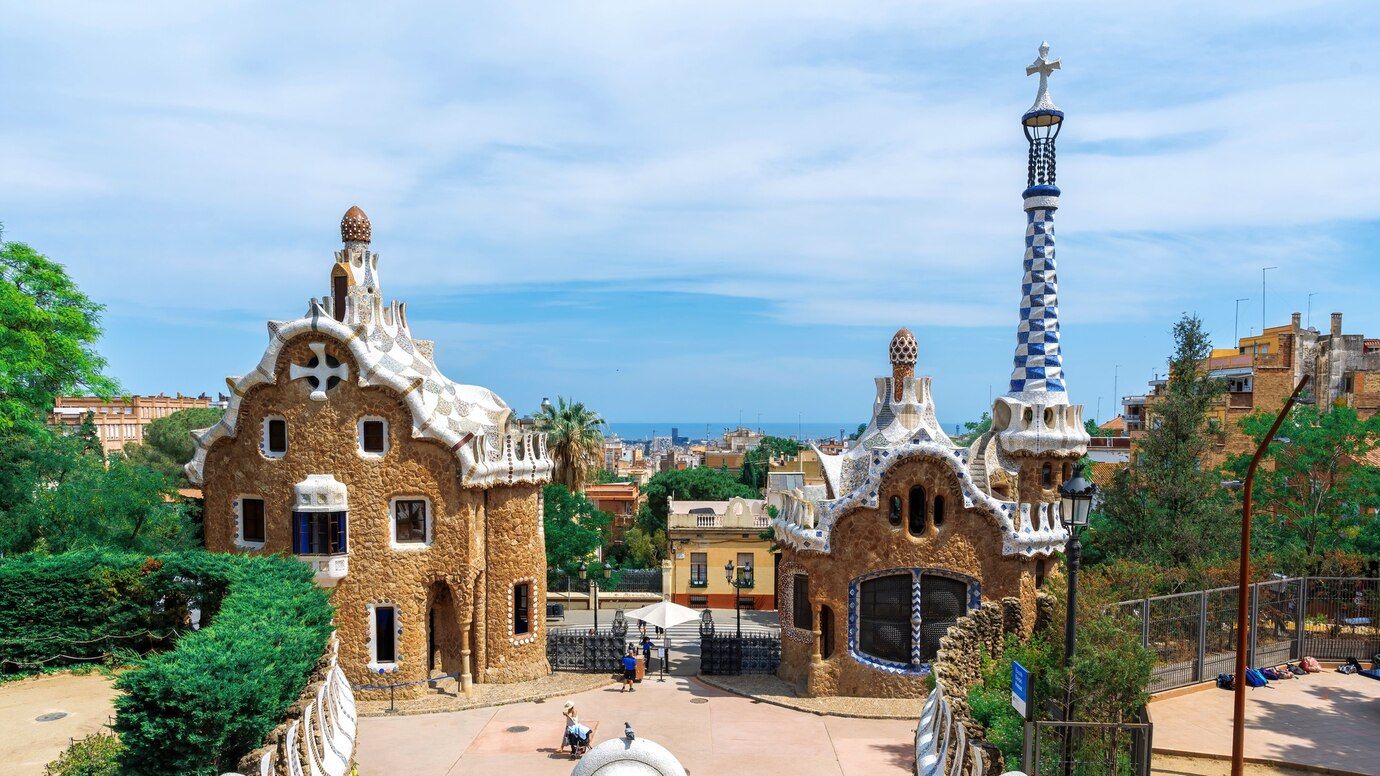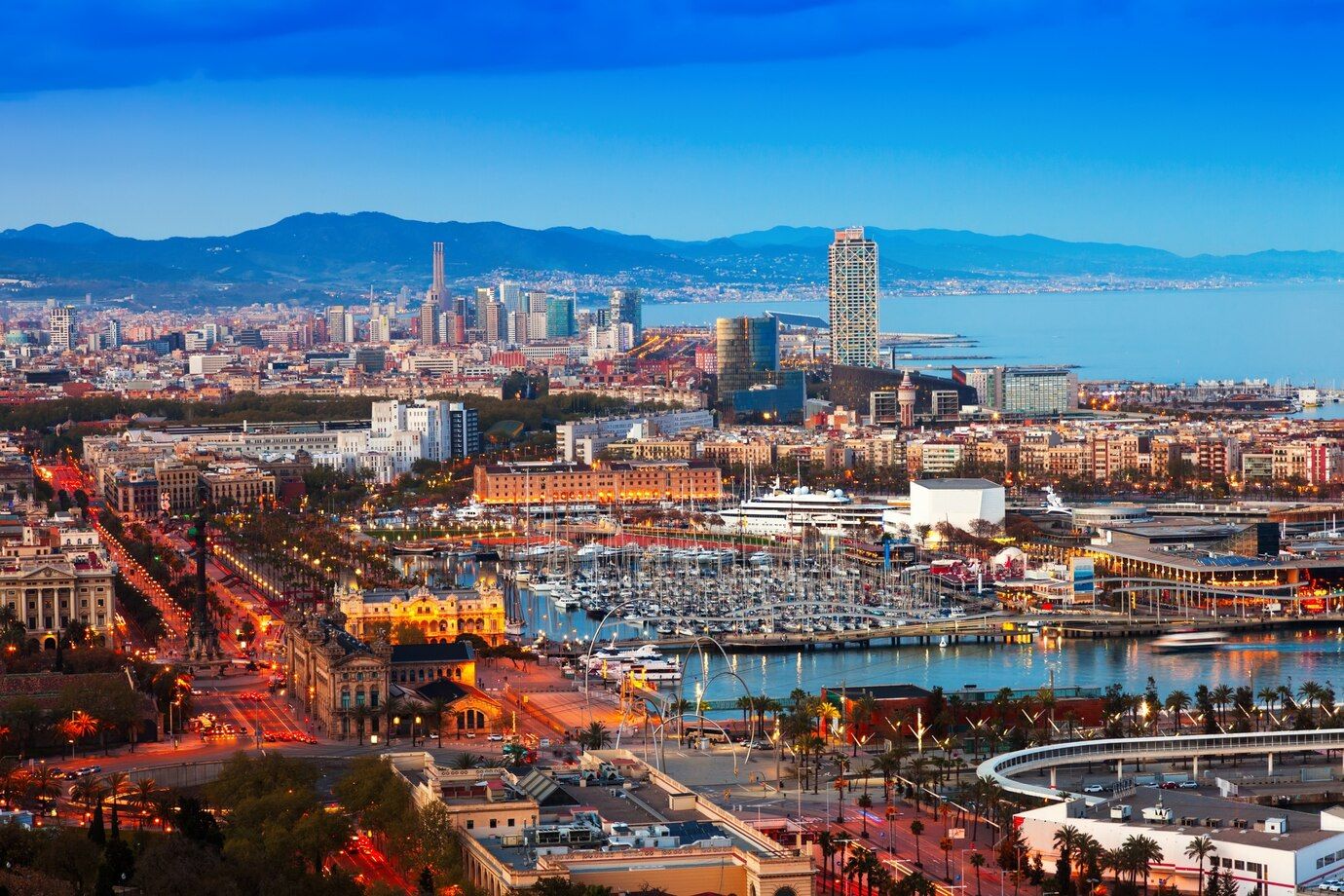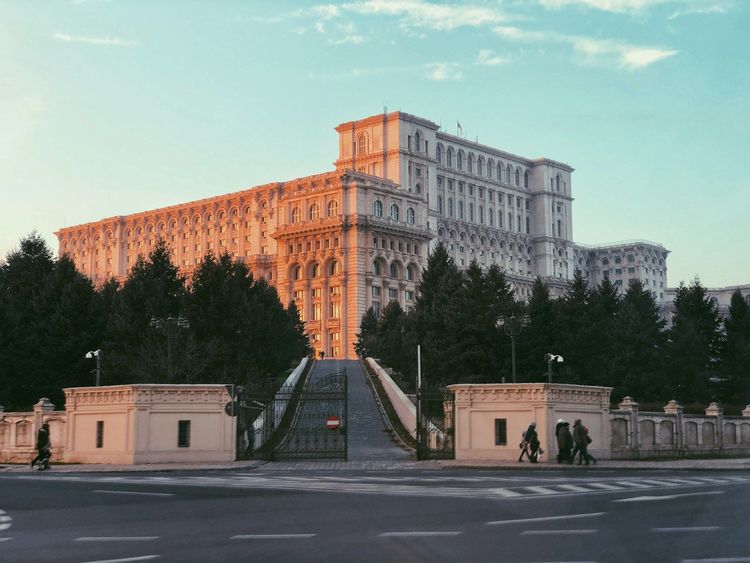Gaining residency in Spain is an attractive prospect for many, thanks to its sunny climate, rich culture, and high quality of life. Whether you’re looking to retire, work, study, or simply enjoy the vibrant lifestyle, understanding the process of obtaining Spanish residency is crucial. This guide will walk you through the essential steps, requirements, and tips to help you navigate the residency application with confidence and ease.
Spain offers several types of residency permits, each tailored to different needs and circumstances. From the Non-Lucrative Visa for those not seeking employment to the Golden Visa for significant investors, the options are diverse. The process can seem daunting at first, but with the right information and preparation, you can make your dream of living in Spain a reality. This article will break down the different types of residency permits, the general requirements, and the application procedures to help you find the best path to Spanish residency.
Spain
Spain, located in southwestern Europe, is renowned for its diverse landscapes, vibrant culture, and rich history. From the sun-drenched beaches of the Mediterranean coast to the bustling streets of Madrid and the artistic allure of Barcelona, Spain offers a unique blend of modernity and tradition. The country's cuisine, famous for tapas and paella, its lively festivals like La Tomatina and Running of the Bulls, and its warm, welcoming people make it a desirable destination for travelers and expatriates alike. Whether you're drawn to the historic architecture, the scenic countryside, or the dynamic urban life, Spain promises an enriching and unforgettable experience.
Climate
Spain boasts a diverse climate, ranging from the Mediterranean climate along its eastern and southern coasts to the oceanic climate in the north and the semi-arid conditions in the southeast. The Mediterranean regions enjoy hot, dry summers and mild, wet winters, making them popular tourist destinations year-round. Inland areas, including Madrid, experience more extreme temperatures with hot summers and cold winters, while the northern regions, like Galicia and the Basque Country, have cooler summers and wetter conditions throughout the year.

Population
Spain is home to approximately 47 million people, making it the fourth most populous country in the European Union. The population is distributed across vibrant cities, charming towns, and picturesque rural areas. Major urban centers like Madrid, Barcelona, Valencia, and Seville are known for their bustling atmospheres and diverse communities, while the smaller towns and villages offer a glimpse into the traditional Spanish way of life.
National Language
The national language of Spain is Spanish, which is spoken by the vast majority of the population. In addition to Spanish, there are several regional languages that hold co-official status in their respective regions. These include Catalan in Catalonia, Valencia, and the Balearic Islands; Basque in the Basque Country and parts of Navarre; and Galician in Galicia. These languages reflect Spain's rich cultural diversity and are integral to the country's regional identities.
National Currency and Exchange Rate for 2024
The national currency of Spain is the Euro (€). As of 2024, the exchange rate fluctuates, but typically ranges from approximately 1.10 to 1.20 US Dollars (USD) per Euro. It's advisable to check current rates before making any currency exchanges, as rates can vary based on economic conditions and market fluctuations.
Benefits of Obtaining a Residence Permit
Obtaining a residence permit in Spain comes with numerous benefits. Firstly, it grants you the legal right to live and travel freely within Spain and other Schengen Area countries. Residents enjoy access to Spain’s high-quality healthcare system and educational institutions. Additionally, it opens up opportunities for employment and business ventures within the country. A Spanish residence permit also paves the way for long-term residency and eventual citizenship, offering a pathway to permanent integration into Spanish society.

Cost of Obtaining a Residence Permit
The cost of obtaining a residence permit in Spain can vary depending on the type of permit and your specific situation. For investment-based permits, such as the Golden Visa, the minimum investment required is typically around 500,000 euros in real estate. Other permits, such as the Non-Lucrative Visa, may have lower financial requirements but still involve various fees, including application processing fees, legal fees, and health insurance costs. On average, the total cost for obtaining a residence permit can range from 10,000 euros upwards, depending on the chosen route and associated expenses.
Term of Obtaining a Residence Permit
The process of obtaining a residence permit in Spain usually takes around 3 to 4 months from the time of application submission. This timeline can vary based on the type of permit, the completeness of your application, and any additional requirements or background checks. Ensuring that all necessary documents are accurately prepared and submitted can help expedite the process. Engaging with legal experts or immigration consultants may also facilitate a smoother and quicker application process.
Stages of Obtaining a Residence Permit
Checking the Possibility of Obtaining a Residence Permit
The first stage involves determining your eligibility for a Spanish residence permit. This includes understanding the various types of permits available, such as the Non-Lucrative Visa, Golden Visa, or Student Visa, and assessing which one best fits your circumstances. Consulting with immigration experts or legal advisors can provide clarity on the requirements and help you identify the most suitable option based on your personal and financial situation.
Collection of Documents
After confirming your eligibility, the next step is to gather the necessary documents for your application. It's essential to collect all required documents and ensure that they are valid and current.
Criminal Record Check
A key requirement for obtaining a Spanish residence permit is a clean criminal record. You will need to provide a criminal record certificate from your home country, and possibly from any country where you have lived for an extended period. This certificate must be apostilled or legalized and, in some cases, translated into Spanish. The absence of a criminal record is essential for the approval of your application.
Income Verification
Proof of sufficient financial means to support yourself and any dependents during your stay in Spain is a critical component of the application. This can be demonstrated through bank statements, employment contracts, pension statements, or proof of investments. The exact amount required varies depending on the type of residence permit, but it is essential to show that you have the resources to live in Spain without relying on public assistance.
Payment for Counseling Services and Obtaining a Residence Permit
Engaging professional services to assist with your residence permit application can significantly streamline the process. This involves paying for legal counseling, application processing fees, and any additional services required to complete your application. These services can include document translation, certification, and submission. The investment in professional assistance ensures that your application is accurately prepared and increases the likelihood of a successful outcome.
Banks in Spain

Spain boasts a diverse banking sector with a variety of institutions catering to different financial needs. Here are some prominent banks in Spain:
- Andbank Private Bankers
- Banco Inversis
- Banco Mediolanum
- Self Bank
- Banca March
- Laboral Kutxa
- Renta4 Banco
- Kutxabank
- Bankia
- Abanca
These banks offer a range of services from personal and business banking to investment management, ensuring that residents and expatriates can find the financial support they need.
Frequently Asked Questions
How much money do I need per month to live in Spain?
The approximate monthly cost of living in Spain for one person is about 687 euros, excluding rent. For a family of four, the monthly budget is around 2,420 euros. The average salary in Spain is approximately 1,770 euros after taxes.
How much does it cost to rent an apartment in Spain?
Renting a studio apartment in Spain can vary greatly depending on the location. In major cities, a good studio apartment can be rented for about 850-900 euros per month. For more affordable options, consider smaller cities. For instance, renting a studio apartment in the center of Seville costs around 600 euros, while on the outskirts, you can find offers for 400-450 euros.






